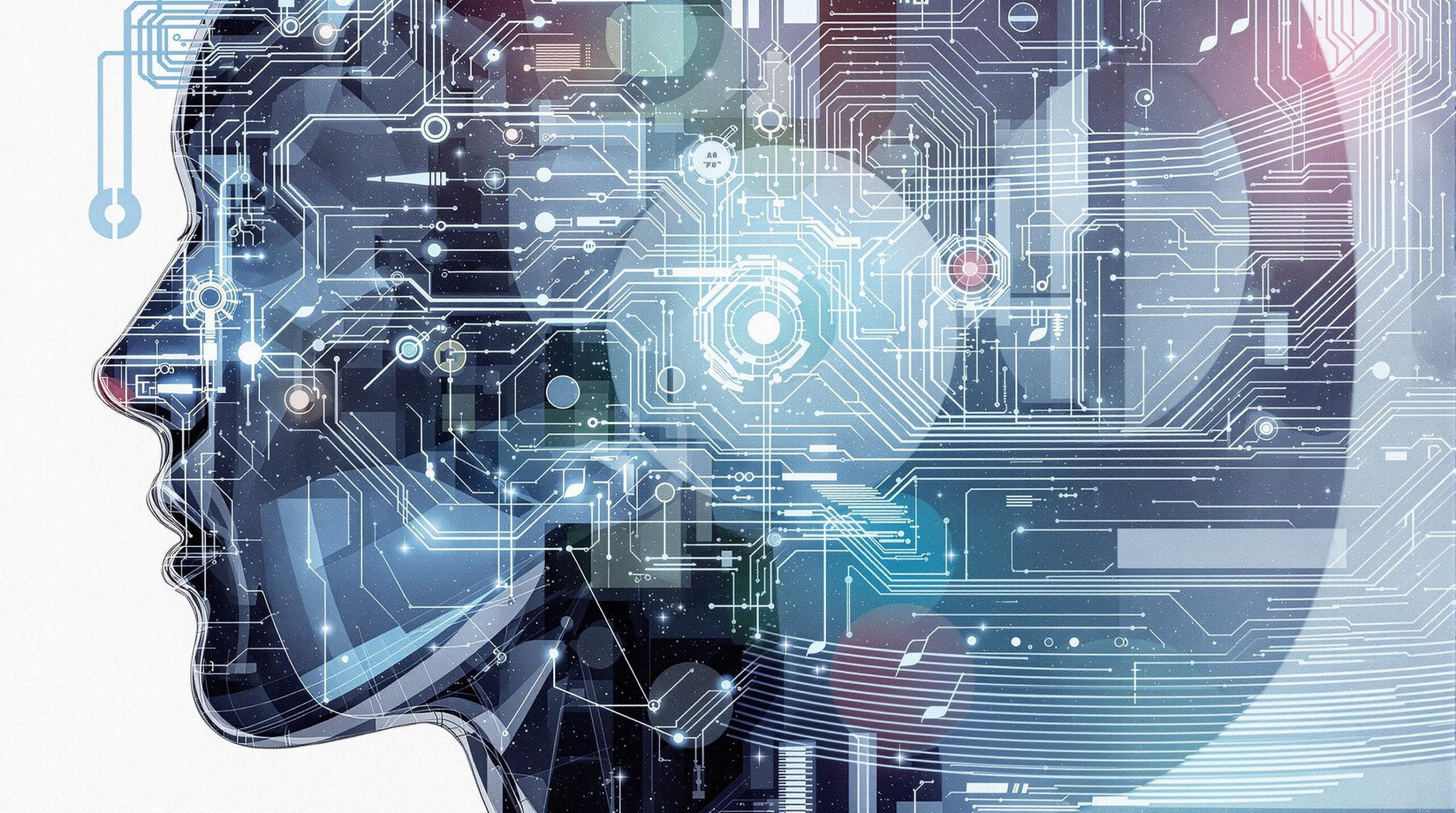The world of music is undergoing a revolutionary change with the advent of artificial intelligence (AI). AI transforms how music is composed, produced, and perceived from simple algorithms to complex neural networks. One of AI-created music’s most intriguing and debated aspects is its ability to capture and express human emotions—a domain traditionally seen as the hallmark of human creativity. This article delves into how AI is reshaping music, the technology behind it, and the potential it holds for emotional expression.
The Technological Backbone of AI Music
At the core of AI-created music are algorithms and neural networks capable of learning from vast datasets. These systems analyze existing musical compositions to understand structures, patterns, and styles. Machine learning, intense learning, has enabled AI to decipher the nuances of melody, harmony, and rhythm. Companies like OpenAI with their MuseNet and Google’s Magenta project have developed AI models capable of generating original pieces of music that reflect various genres and styles.
Advancements in natural language processing and generative adversarial networks (GANs) further contribute to refining AI’s musical outputs. GANs, comprising two networks—the generator and the discriminator—work by generating music that increasingly resembles human-created compositions. As AI trains on more data, it becomes adept at producing music miming human emotional expression. This sophisticated technological foundation raises intriguing questions about AI’s potential to compose music and evoke the deep-seated emotions associated with it.
AI in Music: Innovation and Application
The application of AI in music is as diverse as it is innovative. AI assists musicians in composing music, offering suggestions, or creating background scores. It can swiftly generate music that aligns with certain moods or themes, enhancing creativity and efficiency in music production. Some artists embrace AI as a collaborative tool, integrating its capabilities into their creative process to explore new musical territories.
AI-generated music also finds applications beyond conventional compositions. In the gaming and film industries, it provides dynamic soundtracks that adapt in real-time to the user’s interactions or narrative developments. These adaptive soundtracks are crafted based on predefined emotional cues, which the AI interprets and translates into music. Thus, AI broadens the scope for musical innovation and influences how audiences engage with music in various entertainment mediums.
The Emotional Landscape: Can AI Capture Human Emotion?
Whether AI can capture human emotion in music is subject to significant debate. Human musicians draw from personal experiences, cultural backgrounds, and the complexities of human emotions to create music that resonates emotionally. AI lacks consciousness and personal experience, which inherently limits its understanding of emotions’ depth and subtleties.
However, proponents argue that AI’s ability to analyze vast amounts of musical data allows it to identify patterns linked to emotional expression. AI can thus generate music that evokes specific feelings such as sadness, joy, or tension by mimicking these patterns. For instance, AI can reproduce chord progressions or tempo changes associated with particular emotions.
On the other hand, critics highlight that the mechanistic nature of AI-produced emotion is devoid of authentic human connection. While AI can imitate the emotional cues in data, it lacks the innate understanding or emotional intent behind them. Therefore, the richness and authenticity of emotion expressed in AI-created music often refer to listeners’ interpretation rather than the machine’s intent.
Current Challenges and Considerations
Despite the promising advancements in AI music, several challenges and ethical considerations exist. Intellectual property rights pose a complicated issue when it comes to AI-generated music. Who owns the rights to a piece of music created by AI: the software developer, the person who provided input data, or the AI itself? The legal frameworks surrounding these questions still evolve and can vary significantly by region.
Furthermore, the question of artistic authenticity is a prominent concern. The music industry values the personal touch and originality that human artists bring. As AI becomes more integral in music production, the criteria for what constitutes original art could shift significantly. Additionally, there is a concern over the technology making human musicians obsolete, raising questions about the future of musical jobs and human creativity.
The Future of AI and Music: Beyond Imitation
The future of AI in music could extend beyond mere imitation of human emotion. With continual technological advancements, AI may develop capabilities that allow collaboration with human musicians at a deeper level. The potential lies in creating symbiotic relationships between human creativity and AI’s computational prowess, leading to groundbreaking compositions that neither could achieve alone.
Research is actively exploring how AI can be trained on music and a broader array of data sources—such as literature, visual art, or human psychology—to enhance its emotional intelligence. By broadening the data scope, AI may be able to generate music that not only exhibits emotional cues but also resonates more deeply with human experience.
In conclusion, while AI has not fully mastered the art of capturing human emotion in music, its rise is undeniable and full of potential. The debate surrounding AI-created music bridges technology and art, challenging traditional notions of creativity. As AI continues to evolve, it promises to play an increasingly prominent role in music, inviting technological possibilities and stimulating discussions about the essence of human expression.


